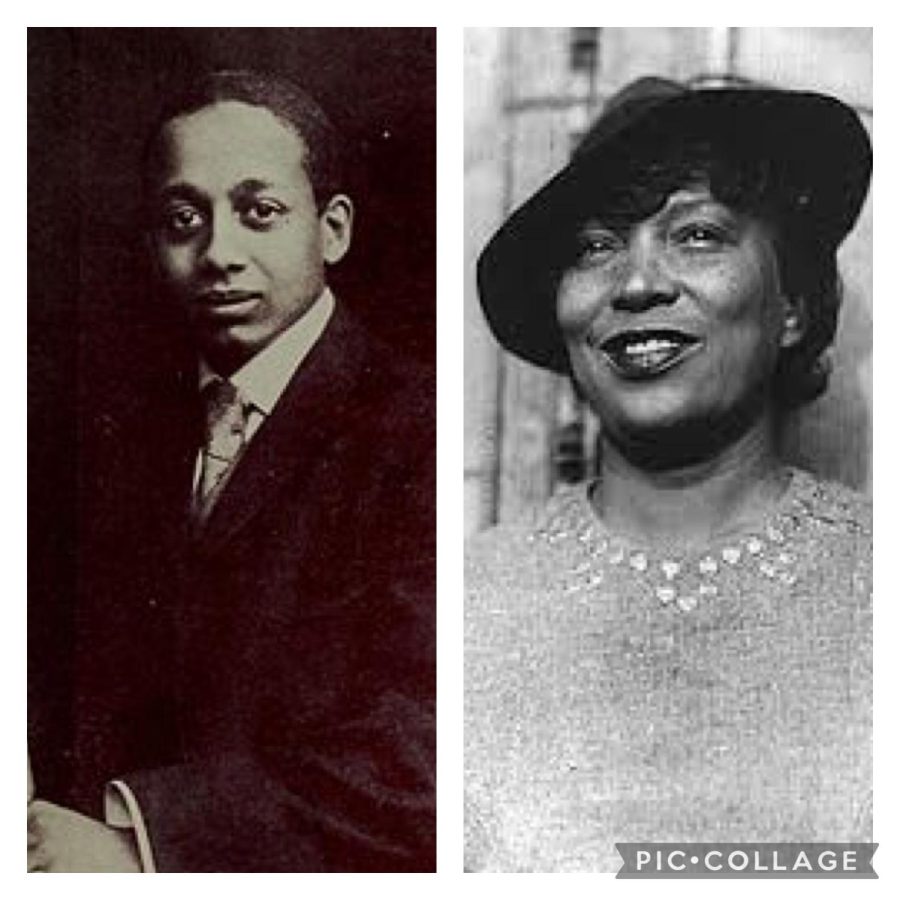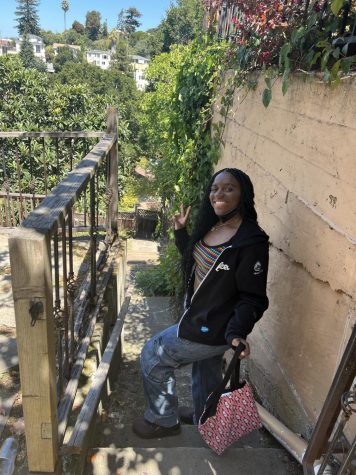Black History Spotlight: Innovators of the culture
Black History Month is a time to honor those who have helped shape the world into what it is today. A spotlight on innovators in their field whose names are often forgotten.
March 16, 2023
Zora Neale Hurston
Hurston was a prominent figure in the Harlem Renaissance, known for her novels such as Their Eyes Were Watching God, How It Feels To Be Colored Me, and Spunk. Hurston was passionate about writing, and emphasized “the importance of black people having freedom of expression in a society that minimized them to their oppression.” Zora Neale Hurston was known for speaking her mind even when it was controversial. An example of this is in her infamous essay “Art and Such” where she talks about how white America only respects the voices of educated black Americans, forcing them to only talk about the black struggle and not leaving them the space to be more than their race. Hurston was unpopular with older creators like W.E.B DuBois who disagreed with the New Negro movement that Hurston heavily participated in, but nonetheless, Zora Neale Hurston was bad to the bone in all the best ways.
Marvin Gaye
Marvin Gaye is a timeless artist. The singer-songwriter started singing as a child in a church up until high school when he began to publish his records. Not long after, Gaye and his group were signed by Motown Records. Marvin Gaye’s timeless classic “What’s Going on” turned 50 in 2021 and it was no surprise that the message of the song was still relevant. “What’s Going on” an anthem during its era, was inspired by police brutality and the anti-Vietnam war protests. It saddened him to see the country’s hurt and unrest, and he wanted to create a record that would unite all citizens. Little did he know that the song and album would top the charts and break records. Marvin Gaye ended his career with 2 Grammy wins and 12 nominations.
Joshua Johnson
Born in 1763, Joshua Johnson was a self taught painter and the earliest documented African American artist. He lived in Baltimore, Maryland and many of his history remains a mystery. But, what is known is that Johnson was a beautiful painter. Born into slavery, the majority of Johnson’s paintings had simple backgrounds with people as the center focus.
Alain Locke
Popularly known as the Father of The Harlem Renaissance, Alain Locke is most famously known for his publication of “The New Negro” which was a novel filled with theories on race from many prominent Harlem Renaissance figures. Locke was announced as the first African American recipient of the Rhodes Scholarship to study at Oxford University. Alain Locke was also an openly gay man, and advocated for LGBTQ+ rights. Locke led a prominent movement about redefining what it means to black and dismantling stereotypes about the black man in America. Ahead of his time, Locke was a beautiful thinker who paved the way for freedom of artistic expression for black people.
Ella Baker
Ella Baker was born on December 13th, 1903, in Norfolk Virginia. Ella developed her passion for social justice early in life after hearing her grandmother’s stories from when she was enslaved. Baker’s grandparents ended up buying and raising Ella on the same plantation that they had originally been enslaved. She continued her life’s work of social justice and advocacy for the black community and joined the Young Negroes Cooperative League in 1930. The organization worked toward closing the economic gap between African Americans in America, and Baker herself was a huge advocate for creating economic opportunities for marginalized groups. Baker once said, “People cannot be free until there is enough work in this land for everyone to have a job”. Baker also worked alongside Dr.Martin Luther King Jr in the Southern Christian Leadership Conference, where King served as the president and Baker as the director. Ella Baker was also apart of the NAACP first as a secretary, and later as the national director of different branches.


